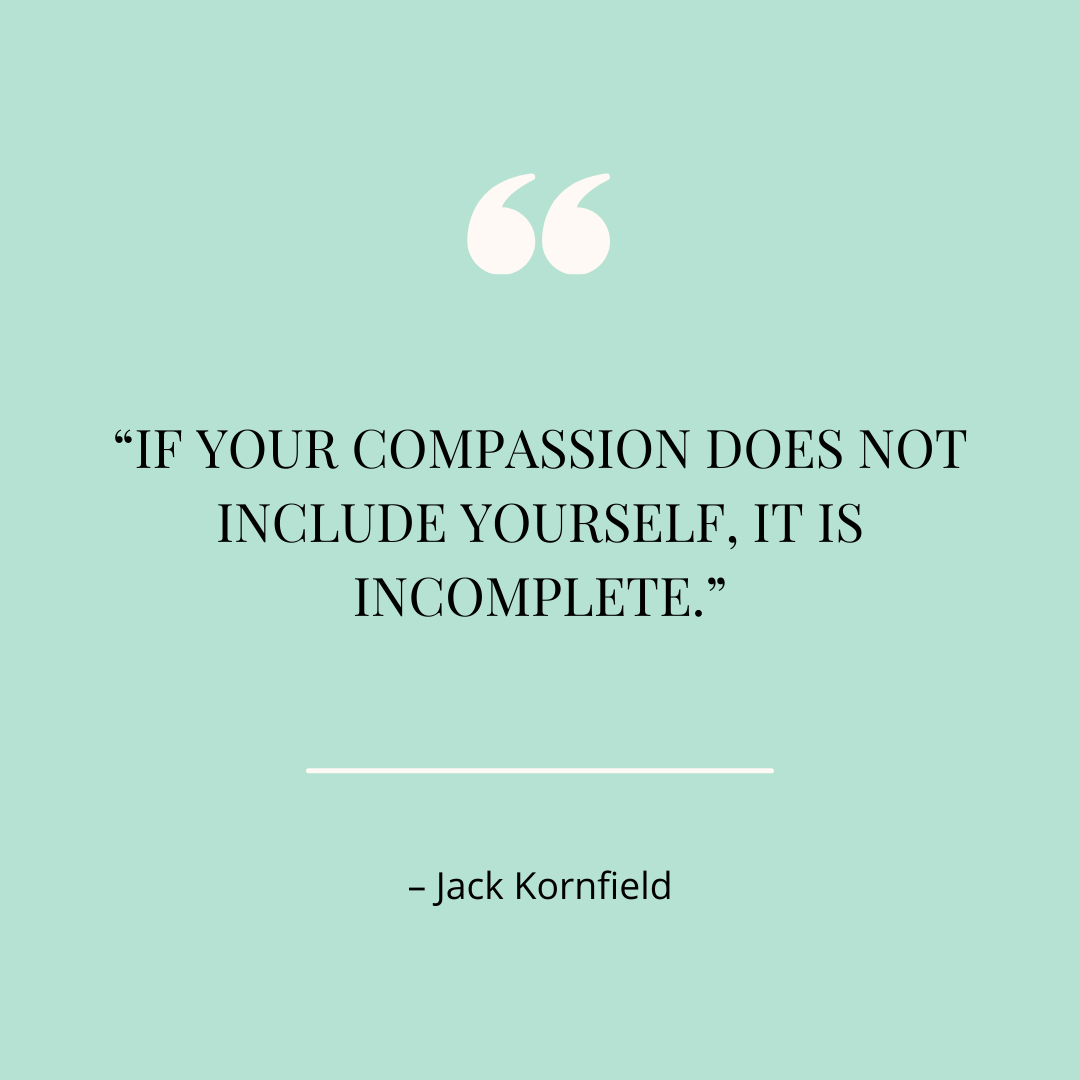Stress Counselling Melbourne
Stress counselling designed to help individuals overcome the burdens of stress and anxiety, empowering them to lead happier and more fulfilling lives. Through a combination of evidence-based techniques and personalised approaches, we work collaboratively with clients to reduce symptoms, enhance self-awareness, and promote overall well-being.



